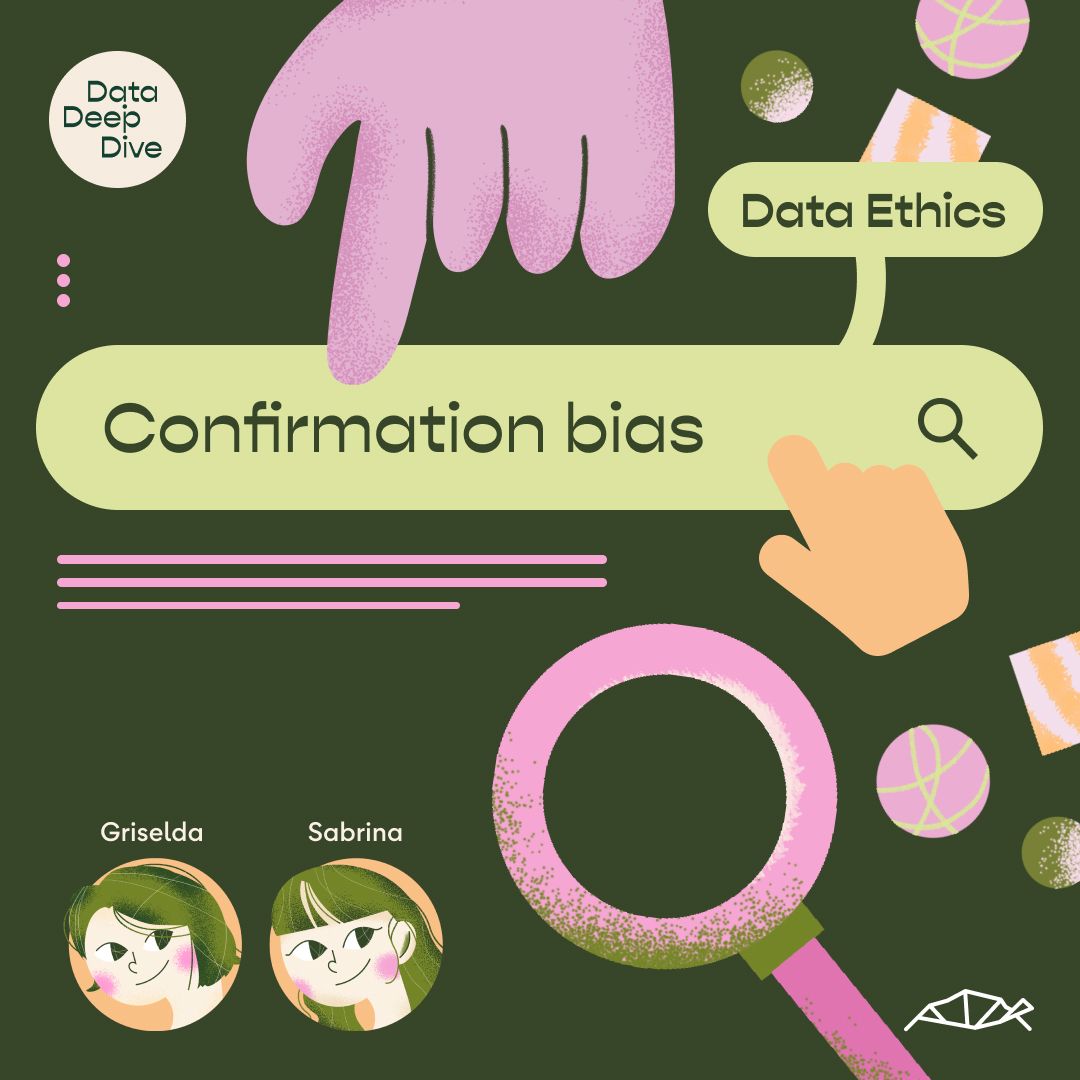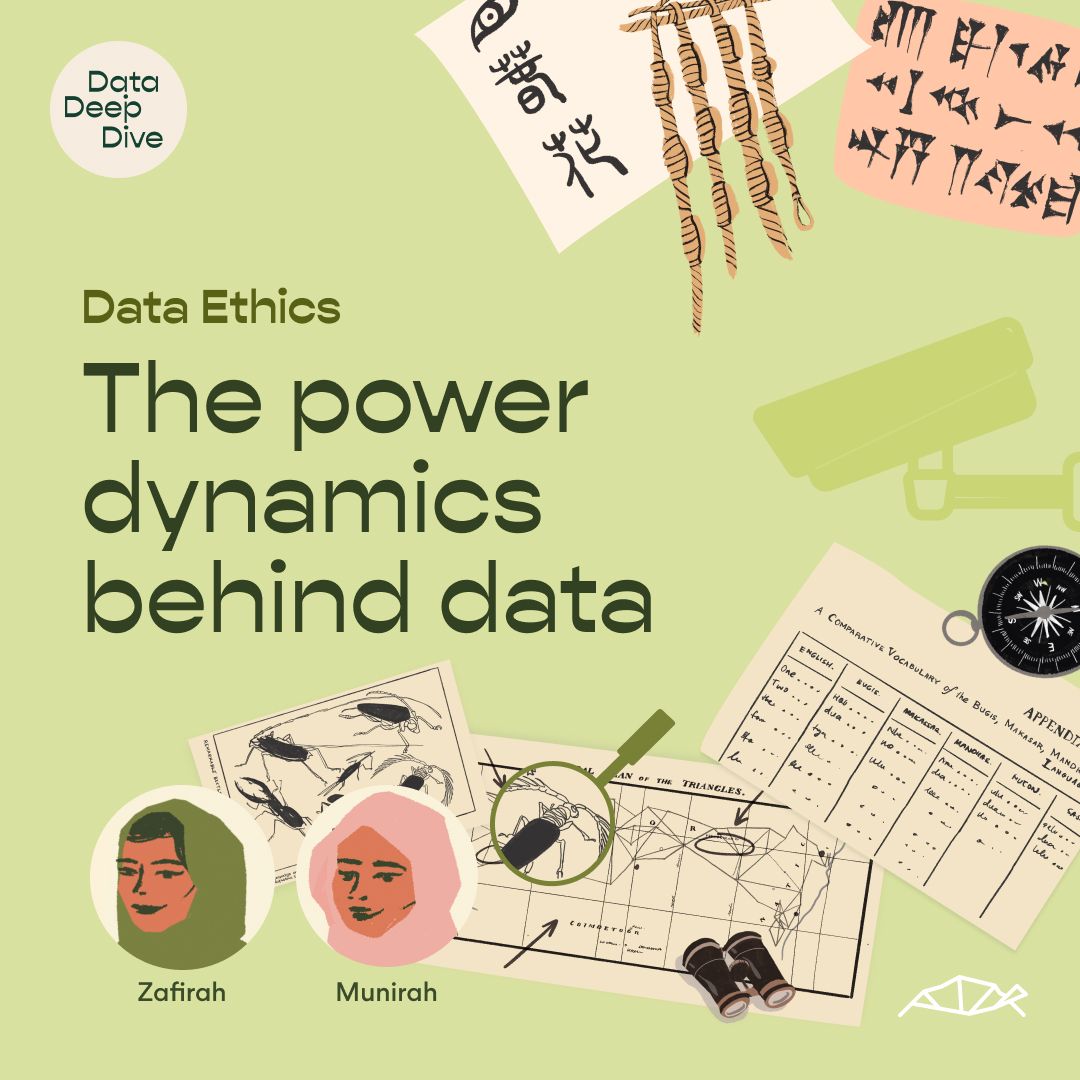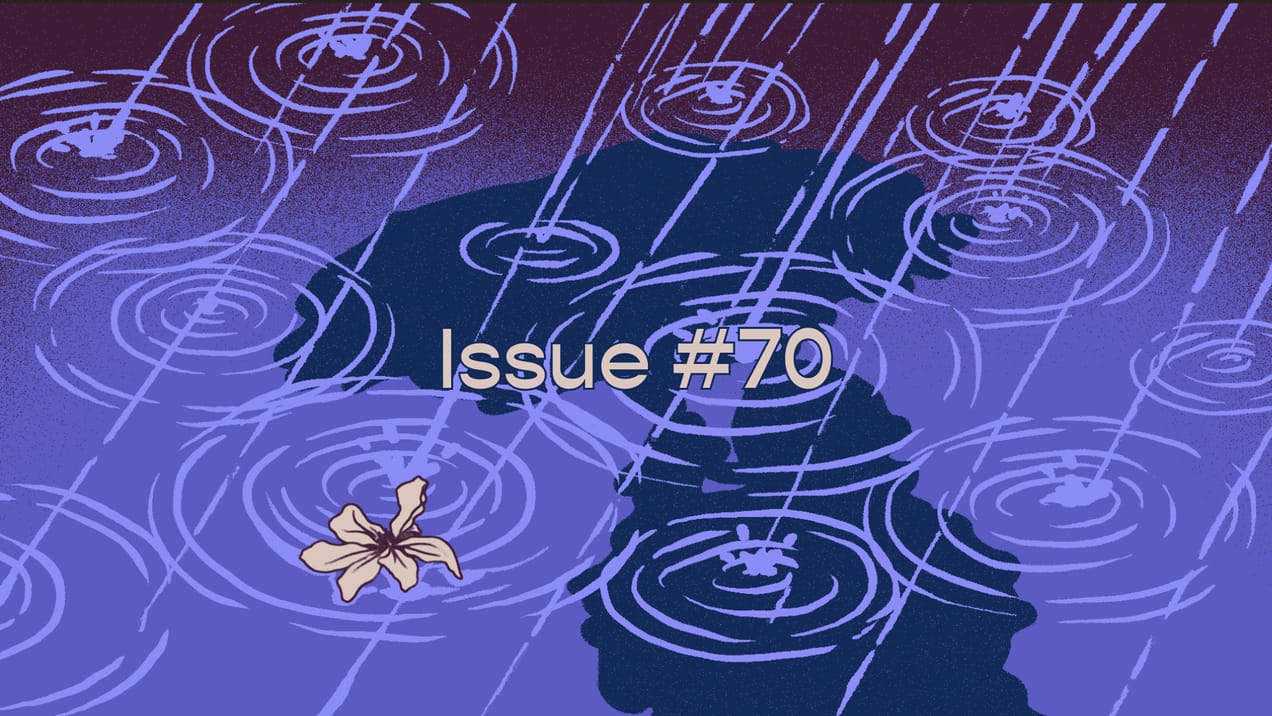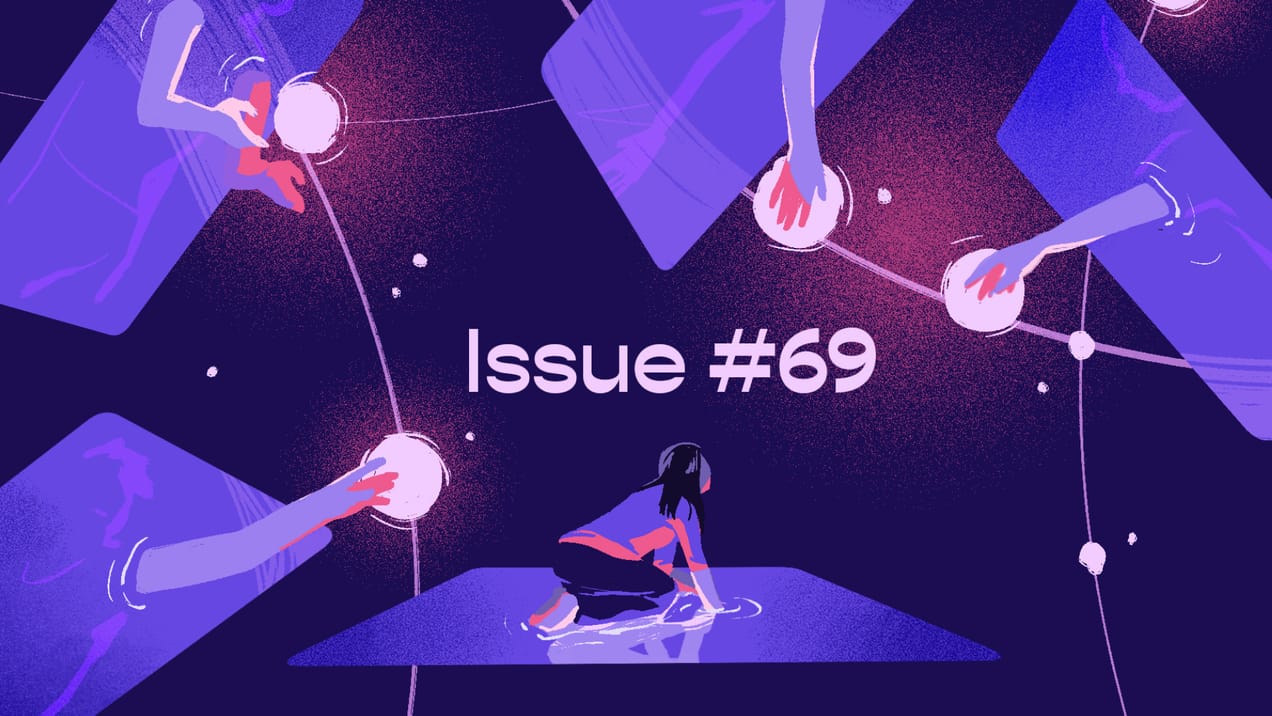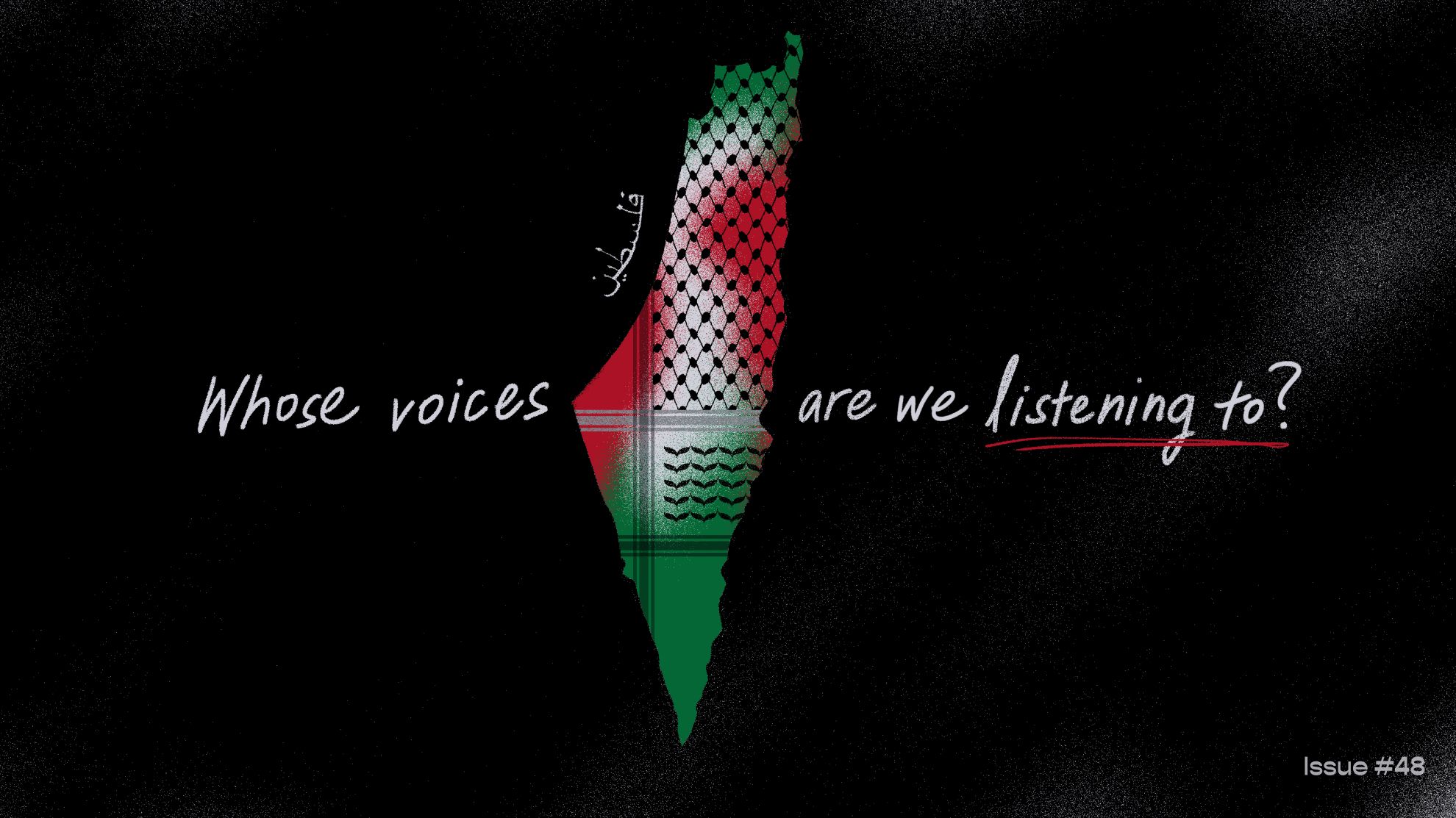
Whose voices are we listening to? — issue #48
The past few weeks have felt incredibly heavy. In Gaza, a genocide against Palestinians is happening in front of our eyes. Heinous war crimes are committed daily without impunity, emboldened by the support of colonial powers past and present. Across the world, many of us scroll through horrors that surpass our worst nightmares.
Amidst the overwhelming feelings of despair and helplessness, rampant misinformation, bias, and propaganda over the last three weeks have muddied our perceptions of truth, justice and the value of human lives. Vile and unabashed racism has reared its ugly head, preventing us from getting educated and fact checking the news we consume.
African-American civil rights activist Malcolm X said: “If you’re not careful, the newspapers will have you hating the people who are being oppressed, and loving the people who are doing the oppressing.” This is what is, and has been happening. As we have seen before, the spread of falsehood and selective coverage by the media can lead to serious, deadly consequences. This is not new, not least for Palestine.
For many years, global mainstream and Western media have silenced Palestinian voices, and downplayed their oppression under illegal occupation. This is slowly shifting with social media, where anyone can become citizen journalists, with the power to record and tell the tale. But even on these channels, content that challenges the agenda of those in power is censored and banned.
At Kontinentalist, we think a lot about how power affects data, and how real and lasting inequalities can arise from human bias. We strive to decolonise narratives on Asia, and move away from Western-centric perspectives that have historically impeded humanity’s desire for justice and equality. This involves centring local expertise, amplifying voices on the ground, and using data to uncover uniquely local stories that tell us something about a community, like our latest on Myanmar copy songs.
In the tragic uncertainty of these days, our hearts and minds are with the Palestinian people and all the aid workers working tirelessly in Gaza, including our story partners the United Nations High Commissioner for Refugees, Doctors Without Borders, and Oxfam.
For me, seeing the light amid the darkness has been tough, but the movement for Palestinian liberation from colonial occupation is symbolic for those of us telling stories in an unjust world. We have a huge responsibility to dig deeper for truth, and dispense what’s fair and credible. And where the scales are tipped in favour of the powerful, ask ourselves: whose voices are we listening to?

BTS

During a time when Myanmar was closed off to the world, international music came into the country in the form of “copy thachin” or copy songs. With local, sometimes coded, lyrics and settings, these songs were extremely popular, and also helped build up Myanmar’s music industry. In this collaboration, data and design consultancy Thibi captures the scale and significance of this beloved genre for the first time ever. Thibi shares how they pulled it all together in this article.
more from us...
How strongly do you hold on to your beliefs? Learn how confirmation bias influences how we seek information.
All data has a purpose, and power is usually in the hands of the ones collecting it.
✨ Kawan Special ✨
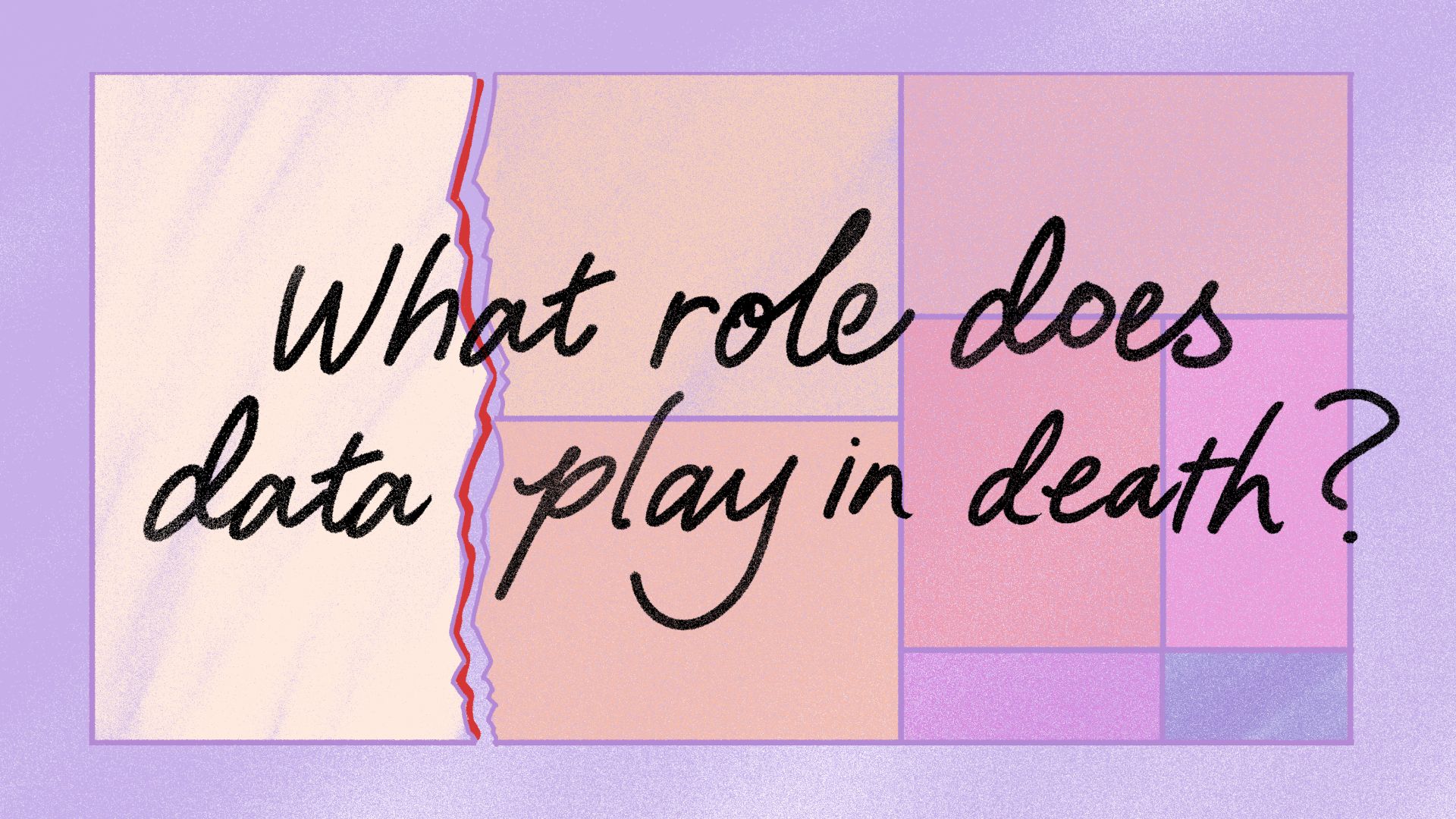
What role does data play in death? In our latest article, Samira looks at how death is measured, validated, and perceived by looking at the asymmetry of information during the COVID-19 pandemic and in the reporting of events in Palestine and Israel.
Meet the Community
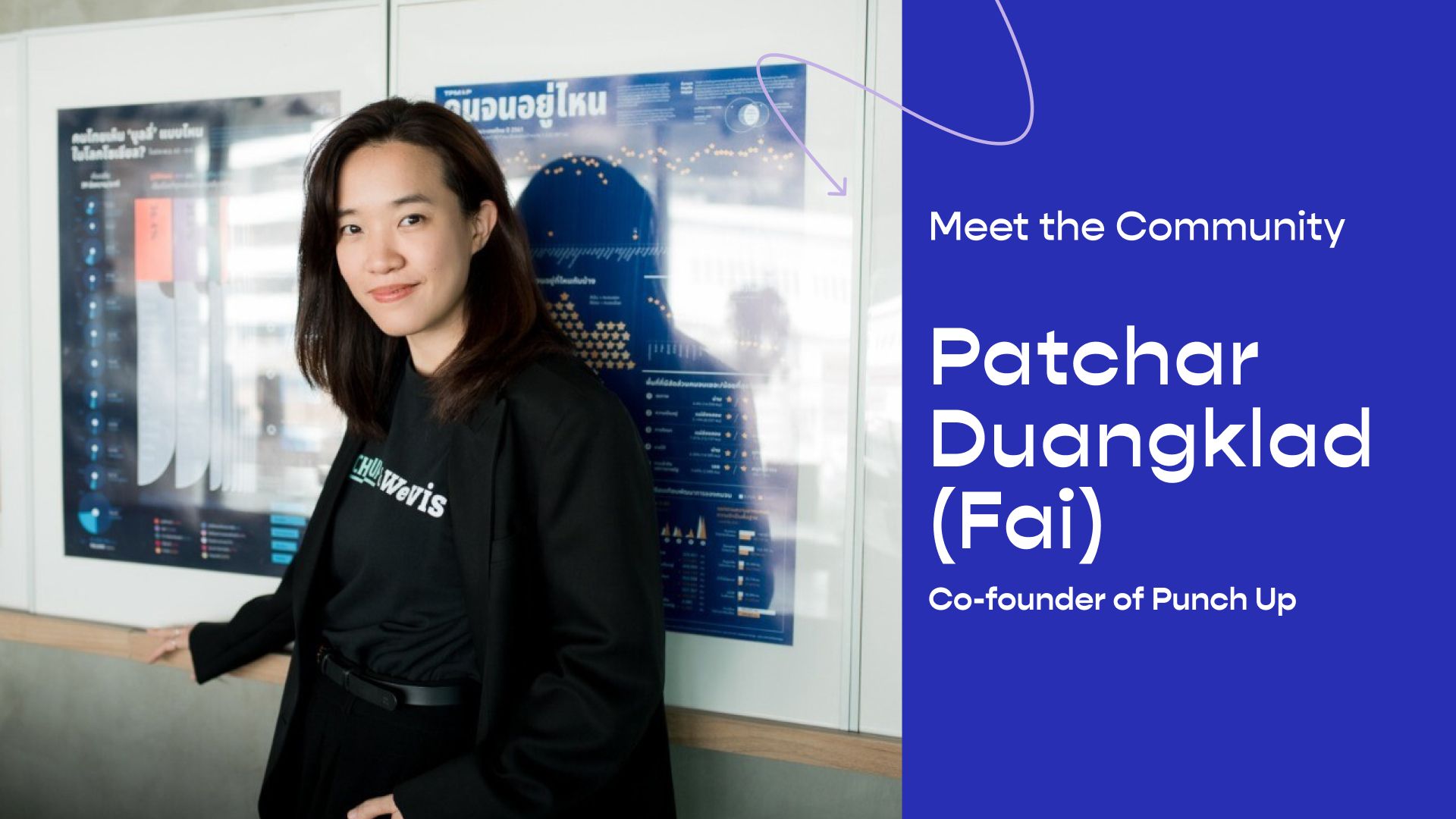
Data storytelling is often used in election coverage to break down issues and help people connect to political candidates. This month, we speak to Patchar Duangklad, the co-founder and business developer at Punch Up, on using data to get youth in Thailand more involved in politics. She also shares how the studio’s name relates to their aim of visualising democracy.
From the archives

As data viz practitioners, awareness of our biases and blindspots is crucial to avoid reinforcing negative stereotypes. In this article, our former writer, Isabella Chua, shares her thoughts on her experiment creating a viz from facial features. She explains how, if we’re not careful, data can encode our biases and cause harm.
Stuff we love
↗ Turning to history helps contextualise and understand the news. In this interactive story, Visualizing Palestine shares the 4,000-year history of Palestine.
↗ The Palestine Museum Digital Archives looks at history from the eyes of its people by collecting letters, manuscripts, maps and other documents on Palestinian life.
Did you know?
Palestinian folk songs of resistance
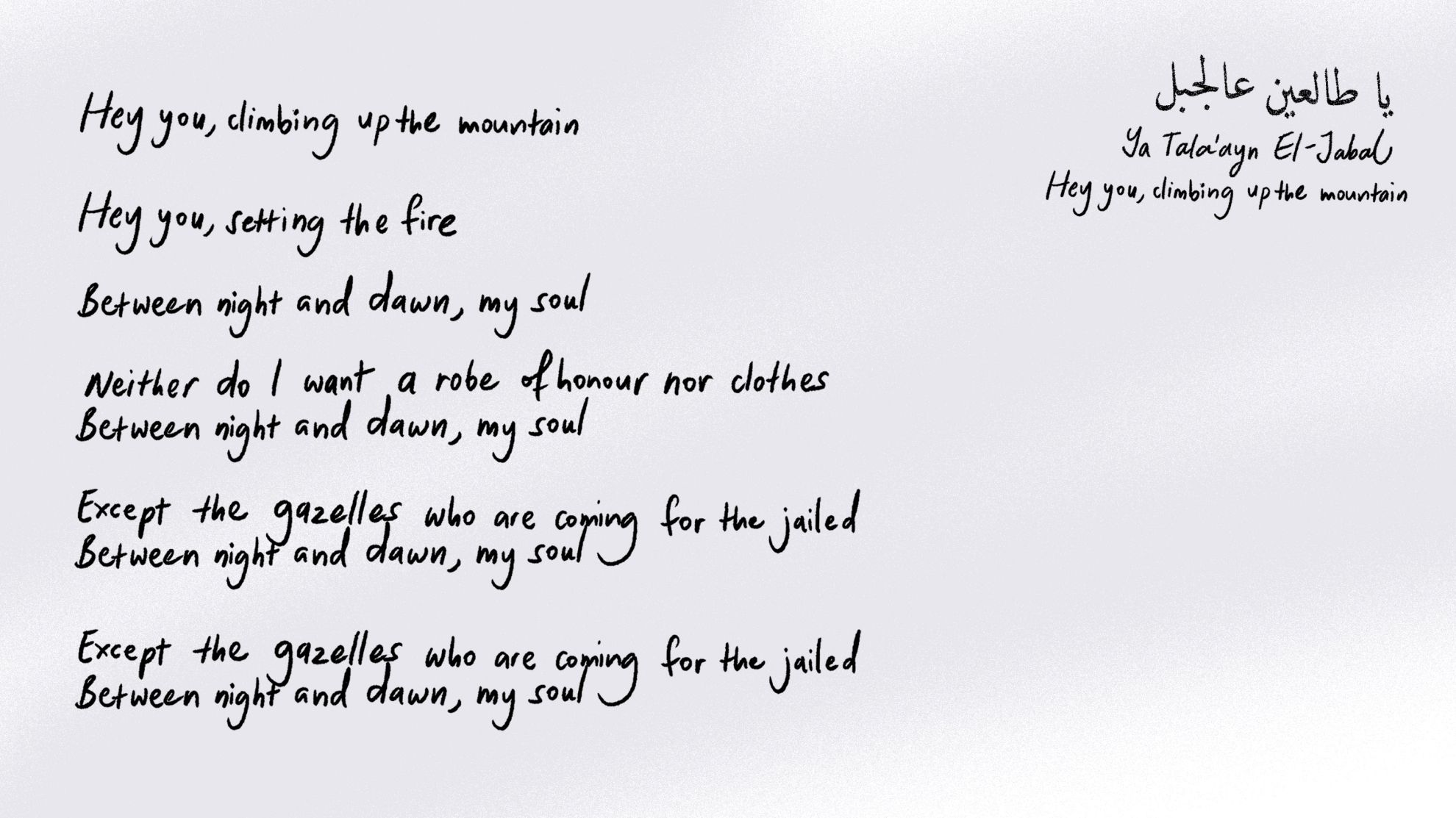
Tarweedeh are Palestinian folk songs that were sung in coded language by women to their imprisoned loved ones. These songs were loaded with poetry, analogy, symbolism, and extra letters to make them incomprehensible to others. This practice began towards the end of the Ottoman imperial era when men were conscripted into the military, and continued to the time of British colonial rule and the ongoing Israeli occupation. Women would sing of the sorrow of separation to their menfolk, and even relay instructions on how to escape. These songs have been passed down orally through generations. Today, Palestinian women still sing them to express their joys and grievances, or for festive and political reasons.

